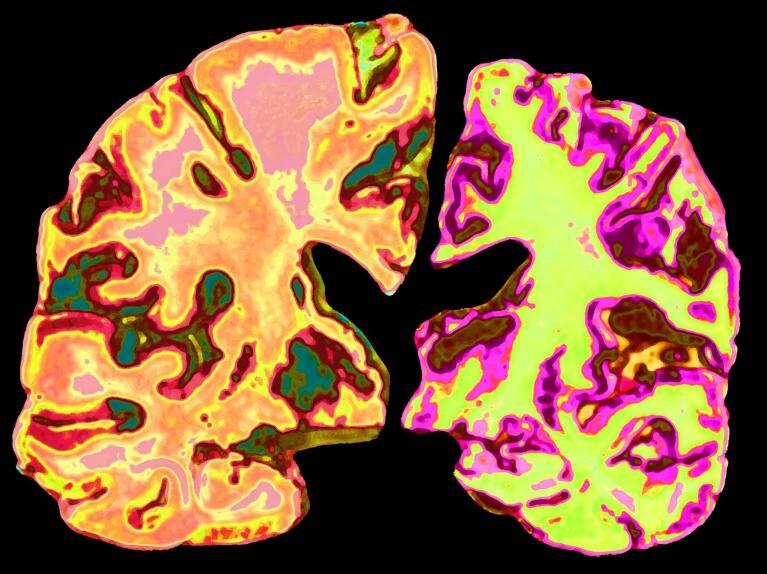
Lithium Could Reverse Alzheimer’s Disease, New Study Suggests
Alzheimer’s disease is a devastating condition that affects millions of people worldwide, causing memory loss, cognitive decline, and ultimately, death. Despite decades of research, there is no cure for Alzheimer’s, and current treatments only manage its symptoms. However, a groundbreaking new study published in Nature suggests that lithium, a naturally occurring mineral, could potentially reverse the progression of Alzheimer’s disease.
The study, led by researchers at the University of California, San Diego, analyzed human brain tissue and conducted mouse experiments to investigate the relationship between lithium levels and Alzheimer’s disease. The team found that declining lithium levels in the brain are closely linked to memory loss and the accumulation of Alzheimer’s markers, such as beta-amyloid plaques and tau tangles.
In the study, the researchers used a specific lithium supplement to treat mice with Alzheimer’s-like symptoms. The supplement was administered orally to the mice, and the results were astounding. The lithium treatment not only reversed the neurological damage caused by Alzheimer’s but also restored the mice’s memory to normal levels.
The study’s findings have significant implications for the treatment of Alzheimer’s disease. If replicated in humans, lithium could potentially be used to prevent or even reverse the progression of the disease. This is a major breakthrough, as current treatments for Alzheimer’s are limited to managing symptoms and have no impact on the underlying causes of the disease.
So, how does lithium work to prevent or reverse Alzheimer’s disease? The exact mechanisms are not yet fully understood, but the researchers believe that lithium may help to:
- Reduce beta-amyloid plaque formation: Lithium has been shown to inhibit the production of beta-amyloid, a protein that accumulates in the brains of people with Alzheimer’s disease.
- Inhibit tau protein phosphorylation: Tau protein is another hallmark of Alzheimer’s disease. Lithium may help to prevent the phosphorylation of tau, which is thought to contribute to the formation of neurofibrillary tangles.
- Promote neuroplasticity: Lithium may help to promote neuroplasticity, the brain’s ability to adapt and change in response to new experiences. This could help to compensate for the loss of neurons and neural connections that occurs in Alzheimer’s disease.
- Reduce inflammation: Lithium has anti-inflammatory properties, which may help to reduce the chronic inflammation that is thought to contribute to the development and progression of Alzheimer’s disease.
The study’s lead author, Dr. Julie L. Fudge, said in a statement, “Our results suggest that lithium may have a therapeutic effect on Alzheimer’s disease by reversing the decline in lithium levels seen in patients with the condition. This is a promising area of research, and we look forward to further investigating the potential benefits of lithium for the treatment of Alzheimer’s.”
While the study’s findings are exciting, it’s important to note that lithium is not a cure-all for Alzheimer’s disease. The study only involved mice, and more research is needed to determine whether lithium is safe and effective for use in humans. Additionally, lithium is a medication that is typically used to treat bipolar disorder, and its use for Alzheimer’s disease would require careful dosing and monitoring.
In conclusion, the study suggests that restoring natural lithium levels in the brain may protect against or even reverse Alzheimer’s disease. While more research is needed to confirm these findings, the potential benefits of lithium for the treatment of Alzheimer’s disease are significant. As researchers continue to investigate the relationship between lithium and Alzheimer’s, we may be one step closer to finding a effective treatment for this devastating condition.
Source:






